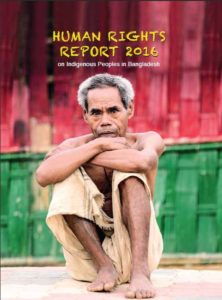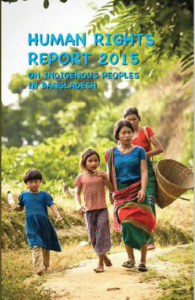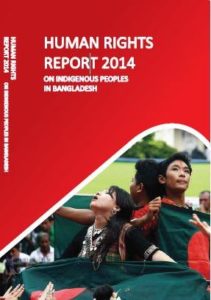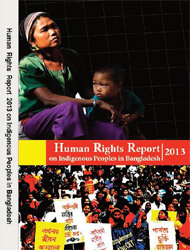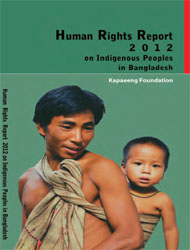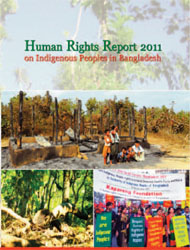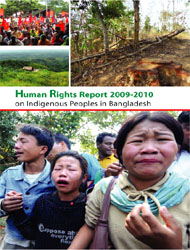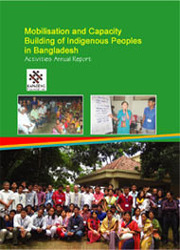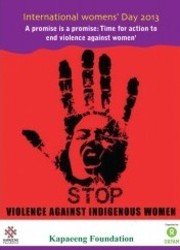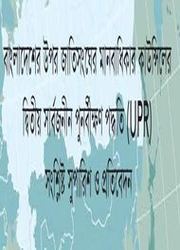An indigenous Hajong tailor’s shop damaged and looted by Bengali miscreants in Sherpur
On 18 April 2013 at around 8:00 pm a group of Bengali miscreants led by Md. Ibrahim attacked on an Indigenous tailor’s shop at Babu Bazar of Ramchandra Kura Union under Nalitabari upazila in Sherpur district. It is reported that the terrorists broke the shop and looted all valuables from the shop. The name of owner of the shop was identified as Hemendra Hajong. He belongs to indigenous Hajong ethnic people of Beltoil village in Sherpur district.
It is learnt that the incident occurred to take revenge of previous altercation between the miscreants Md. Ibrahim and Hemendra Hajong happened on 15 April 2013. Md. Ibrahim ordered Hemendra Hajong to swing his clothes first. As Hemendra was full of work with previous order, so he assented to deliver Ibrahim’s order later after finishing previous deliveries. At a stage, altercation and scuffle was occurred between them. Following this incident, on 18 April, the miscreants along with his gang including Md. Hasan and Md. Abdullah conducted the attack on the shop damaging a swing machine and some new clothes inside the shop. They looted some valuables including new cloth collections of shopkeeper. Indigenous villagers loudly shouted while attacking and destroying the shop, but nobody came to help them. Hemendra Hajong became pauper loosing his only mean of income generating swing machine. It is also known that in this attack, the miscreants are relatives of chairman of Ramchandra Kura union parishad Md. Amanullah Badshah.
Over the night, a group of investigator including the police of Nalitabari police station, UP chairman and indigenous leaders came to visit the incident area. No case was filed yet against the terrorists. Besides, the Chairman of Nalitabari upazila parishad Mr. Bodizzaman (an agriculturist) called for a local arbitration in the evening of 20 April with presence of indigenous representatives and miscreants’ representatives. Local people are waiting for justice in that arbitration.
Generally indigenous people in Bangladesh become under attack of miscreants of mainstream population as they are most vulnerable in the society. Administration and law enforcing agencies hardly help them. Victims of indigenous people generally refrain from filing case against perpetrators fearing further harassment and attack and due to financial constraints to run case in the court. Hence, the perpetrators enjoy full impunity which encourages miscreants to violate human rights of indigenous peoples.



